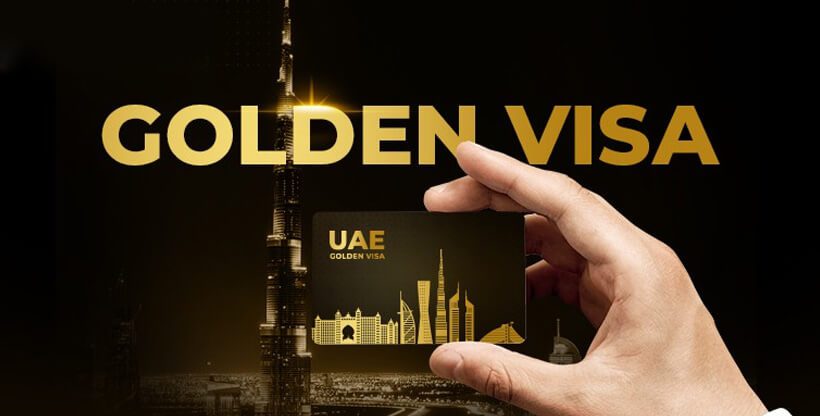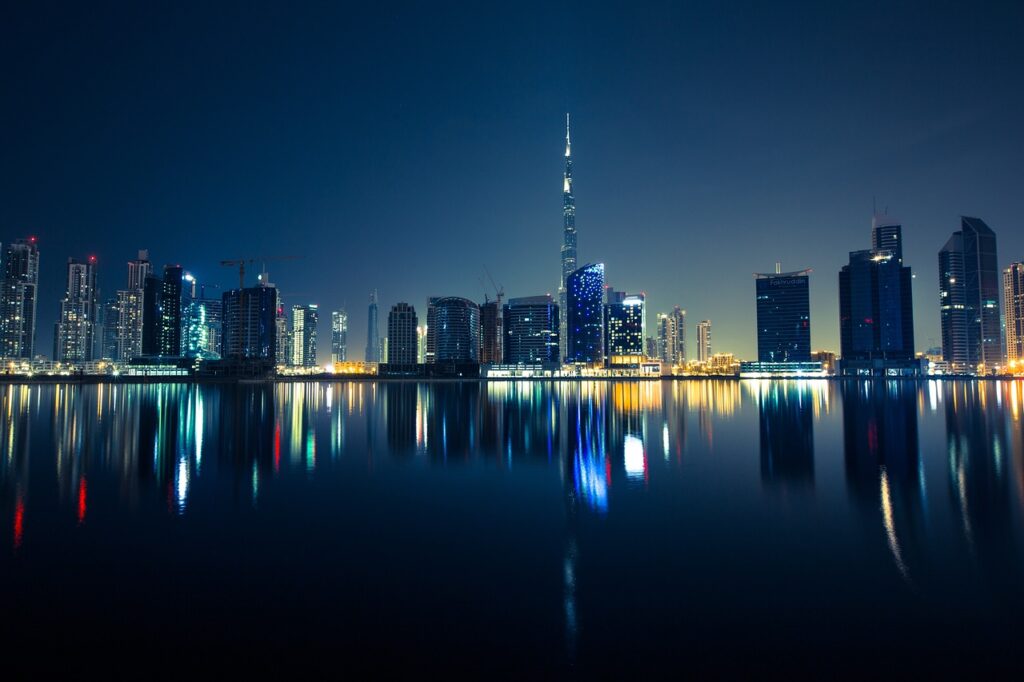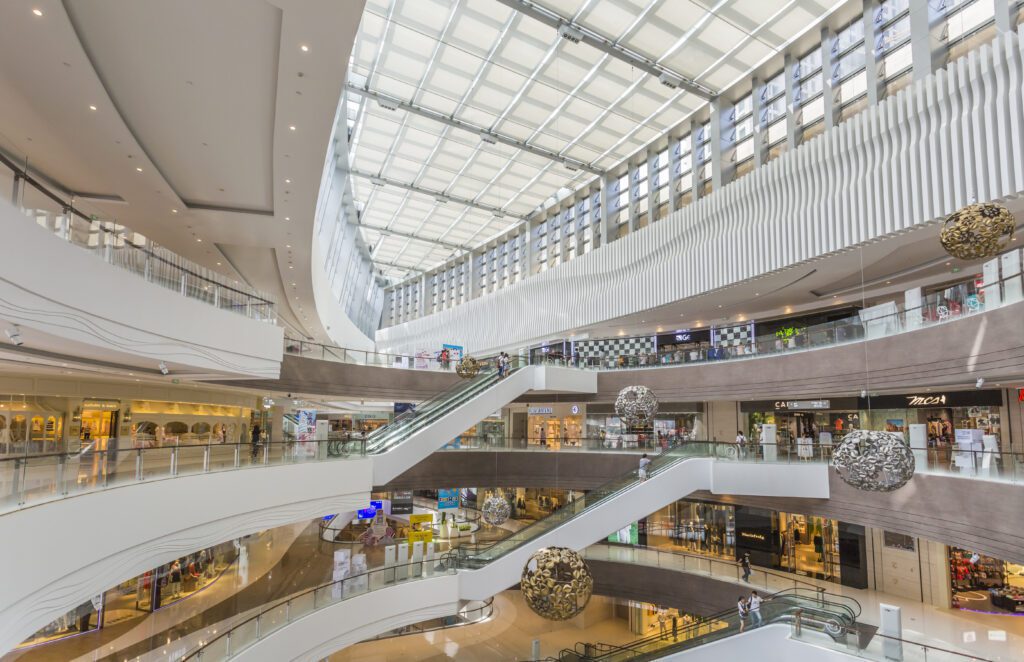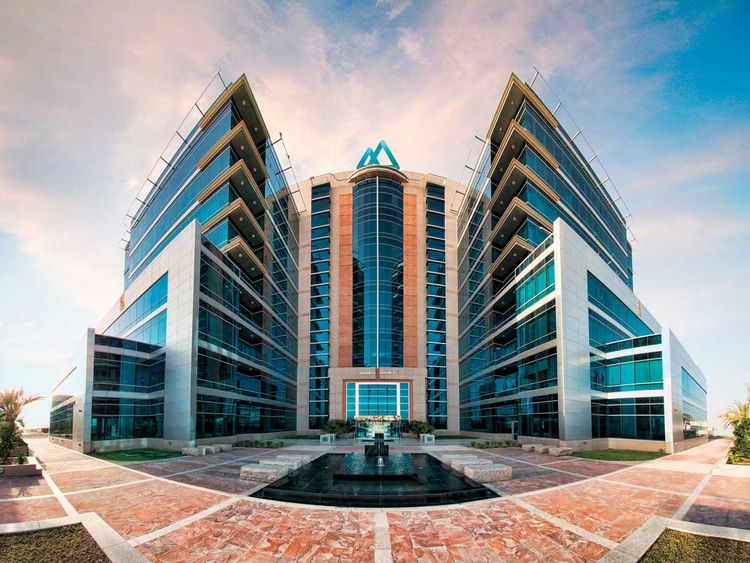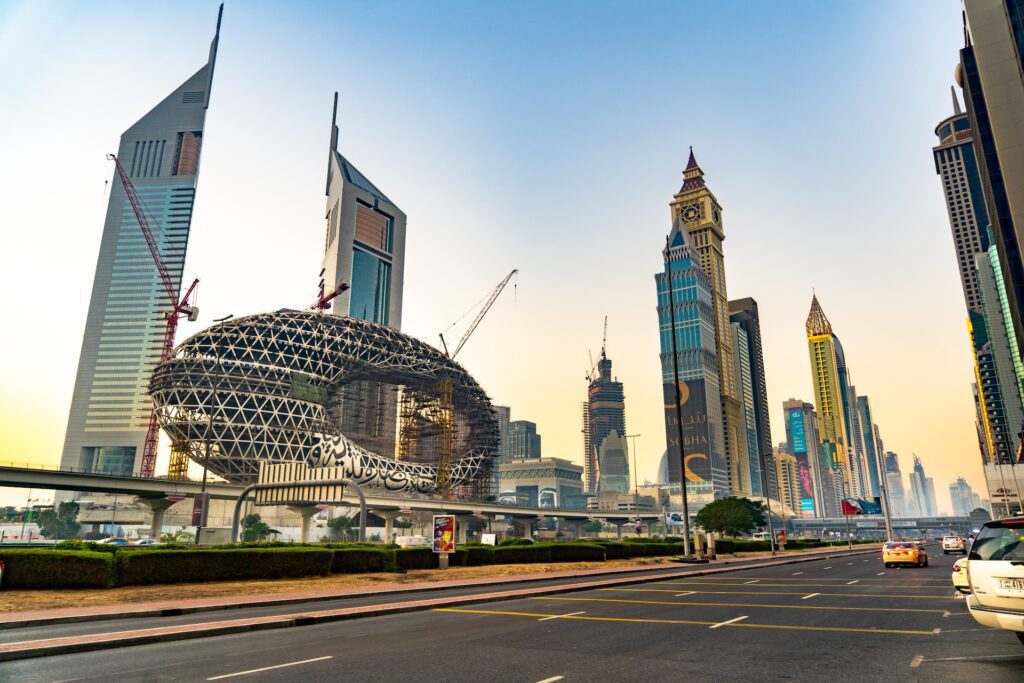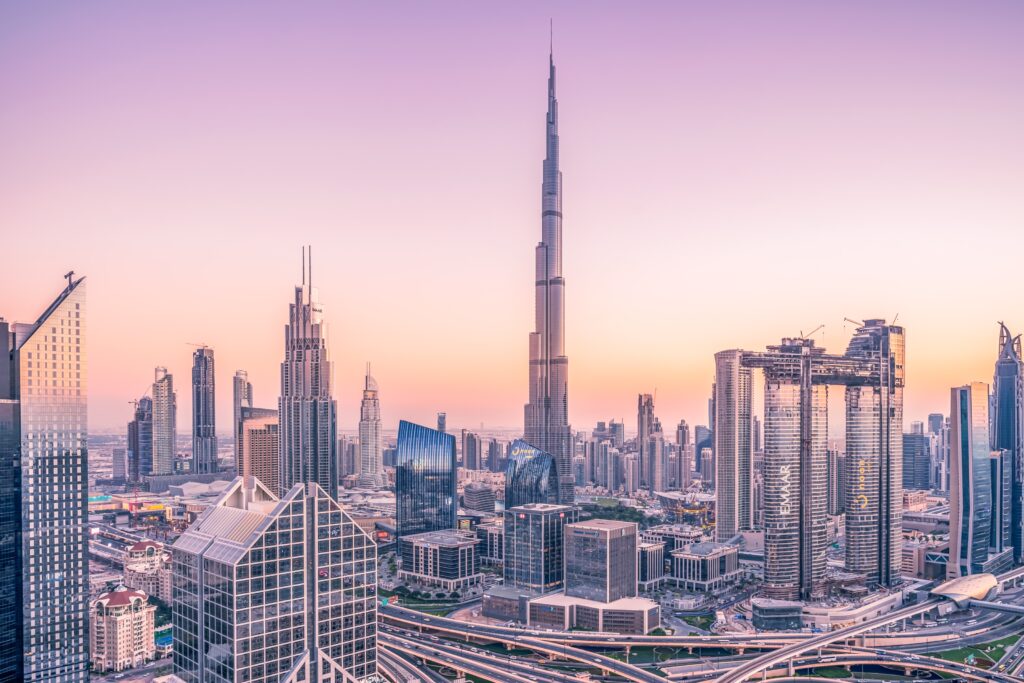The Ultimate Guide to LLC Company Formation in Dubai: Everything You Need to Know
Introduction to LLC Company Formation in Dubai LLC, or Limited Liability Company, is a popular business structure in Dubai and the United Arab Emirates (UAE). It is a legal entity that provides limited liability protection to its owners, known as shareholders. LLC company formation in Dubai is a straightforward process that offers numerous benefits to entrepreneurs and investors. To form an LLC in Dubai, the first step is to choose a company name and reserve it with the Dubai Economic Department (DED). Once the name is approved, the next step is to prepare the Memorandum of Association (MOA) and Articles of Association (AOA) for the company. These documents outline the company’s activities, shareholders, and other important details. After the MOA and AOA are prepared, they need to be notarized and submitted to the DED along with other required documents. Once the application is approved, the company can proceed with obtaining the necessary licenses and permits. Benefits of LLC Company Formation in Dubai There are several benefits to forming an LLC company in Dubai. One of the main advantages is the tax benefits. Dubai has a favorable tax regime, with no corporate or personal income tax. This means that LLC companies in Dubai can enjoy significant tax savings compared to other jurisdictions. Additionally, there are no restrictions on repatriation of profits, allowing business owners to freely transfer their earnings back to their home country. Another benefit of LLC company formation in Dubai is the limited liability protection it provides. The shareholders of an LLC are not personally liable for the company’s debts and liabilities. This means that their personal assets are protected in the event of any financial difficulties or legal issues faced by the company. This limited liability protection gives entrepreneurs and investors peace of mind and encourages them to take risks and invest in new ventures. LLC companies in Dubai also have access to a diverse market. Dubai is a global business hub and a gateway to the Middle East, Africa, and Asia. The city attracts businesses from various industries, including finance, technology, tourism, and logistics. This provides LLC companies with ample opportunities to expand their operations and reach a wider customer base. Additionally, Dubai’s strategic location and world-class infrastructure make it an ideal base for companies looking to tap into the growing markets in the region. Furthermore, LLC company formation in Dubai offers ease of doing business. The government has implemented several initiatives to streamline the process of setting up and operating a business in the city. The Dubai Economic Department (DED) has introduced online portals and services that allow entrepreneurs to complete various procedures and transactions quickly and efficiently. The government is also committed to creating a business-friendly environment by reducing bureaucracy, simplifying regulations, and providing support to startups and small businesses. Legal Requirements for LLC Company Formation in Dubai When forming an LLC company in Dubai, there are certain legal requirements that need to be met. These requirements ensure that the company operates in compliance with the laws and regulations of the UAE. The first requirement is the minimum number of shareholders. In Dubai, an LLC company must have at least two shareholders, and the maximum number of shareholders is 50. The shareholders can be individuals or corporate entities, and they can be of any nationality. Another requirement is the minimum share capital. The minimum share capital for an LLC company in Dubai depends on the business activity and the location of the company. For companies located outside of free zones, the minimum share capital is AED 300,000. However, for certain activities such as banking, insurance, and financial services, the minimum share capital requirement is higher. In addition to the shareholders and share capital requirements, an LLC company in Dubai is also required to appoint a local sponsor. The local sponsor is a UAE national or a company owned by UAE nationals who holds a 51% share in the company. The local sponsor does not have any operational or financial control over the company but is required by law to be a partner in the business. Furthermore, LLC companies in Dubai need to obtain necessary permits and approvals from various government authorities. These permits and approvals depend on the nature of the business activity and may include trade licenses, professional licenses, and approvals from industry-specific regulatory bodies. Choosing the Right Business Activity for Your LLC Company in Dubai When forming an LLC company in Dubai, it is important to choose the right business activity. Dubai offers a wide range of business activities, including trading, manufacturing, services, and consultancy. Each business activity has its own set of requirements and regulations, so it is crucial to choose an activity that aligns with your expertise and goals. When choosing a business activity, there are several factors to consider. First, consider your skills and experience. Choose a business activity that you are knowledgeable about and have experience in. This will increase your chances of success and make it easier for you to navigate the industry. Second, consider the market demand. Research the market and identify the business activities that are in high demand. Look for gaps in the market and opportunities for growth. Choosing a business activity that has a strong demand will increase your chances of attracting customers and generating revenue. Third, consider the competition. Evaluate the level of competition in the industry you are interested in. If the market is saturated with competitors, it may be difficult to establish a foothold and differentiate your business. On the other hand, if there is little competition, it may indicate a lack of demand or potential challenges in the industry. Finally, consider the regulatory requirements. Different business activities have different regulatory requirements and restrictions. Make sure you understand the licensing and permit requirements for your chosen business activity and ensure that you can meet them. Understanding the Dubai Economic Department’s Procedures for LLC Company Formation The Dubai Economic Department (DED) is the government authority responsible for regulating and licensing businesses
The Ultimate Guide to LLC Company Formation in Dubai: Everything You Need to Know Read More »

